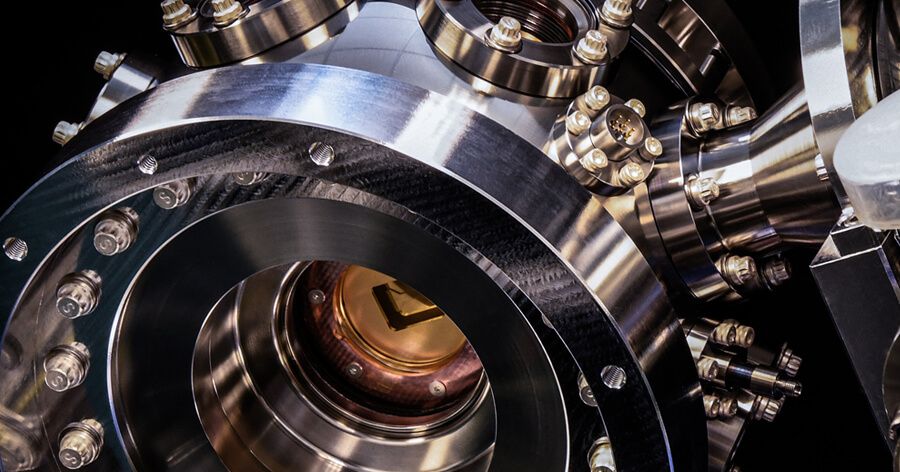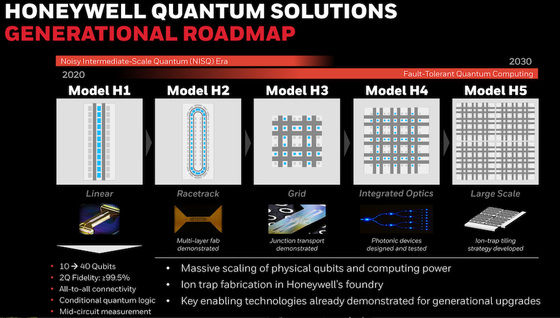
Honeywell has announced the H1, a 10 qubit next-generation quantum computer system model. The quantum volume of the quantum computer used in H1 is 128, and Honeywell is appealing that it is the highest in the quantum computer industry.
Quantum computers process information by applying the superposition principle of quantum mechanics that has both 0s and 1s, unlike conventional computers that process information in binary numbers called 0 or 1. This information processing unit is called quantum bits. As there are more quantum bits, the amount of information that can be processed in parallel increases exponentially.
This quantum volume is a performance index that considers quantum bit control, error rate related to reading, and software compiler efficiency in terms of quantum computer circuit length and complexity.
Honeywell announced in March that it will develop a quantum computer with a quantum volume of 64 and launch it in mid-2020. Quantum computers developed by IBM or Google use superconducting qubits using cryogenic and cooling circuits such as liquid nitrogen, but Honeywell is developing an ion trap-type quantum computer that identifies and controls ion particles in an electromagnetic field.
At the time, IBM achieved quantum volume 32 in January 2020. However, Honeywell’s research team became a hot topic by publishing a paper that was at least twice as powerful as conventional quantum computers. After that, IBM announced in August 2020 that it achieved quantum volume 64, the highest level in the quantum computer industry.
Subsequently, the quantum computer used in Honeywell’s H1 has a quantum volume of 128, exceeding the IBM record. According to Honeywell, Microsoft’s Azure Quantum is becoming a system model that allows businesses to directly access quantum computing.

Honeywell is announcing a long-term roadmap from 2020 to 2030, and plans to evolve quantum computer systems over five generations from H1 to H5 announced this time. Honeywell said that its quantum computing roadmap reflects its efforts to achieve the commercial scale of the quantum computing business. According to Honeywell’s unique theory, the H1 generation system can be systematically and continuously upgraded by increasing the number of quantum bits and changing functions. He added that he is pleased to cooperate with customers who are trying to solve real business problems through quantum computing as demand surges in 2020. Related information can be found here .

